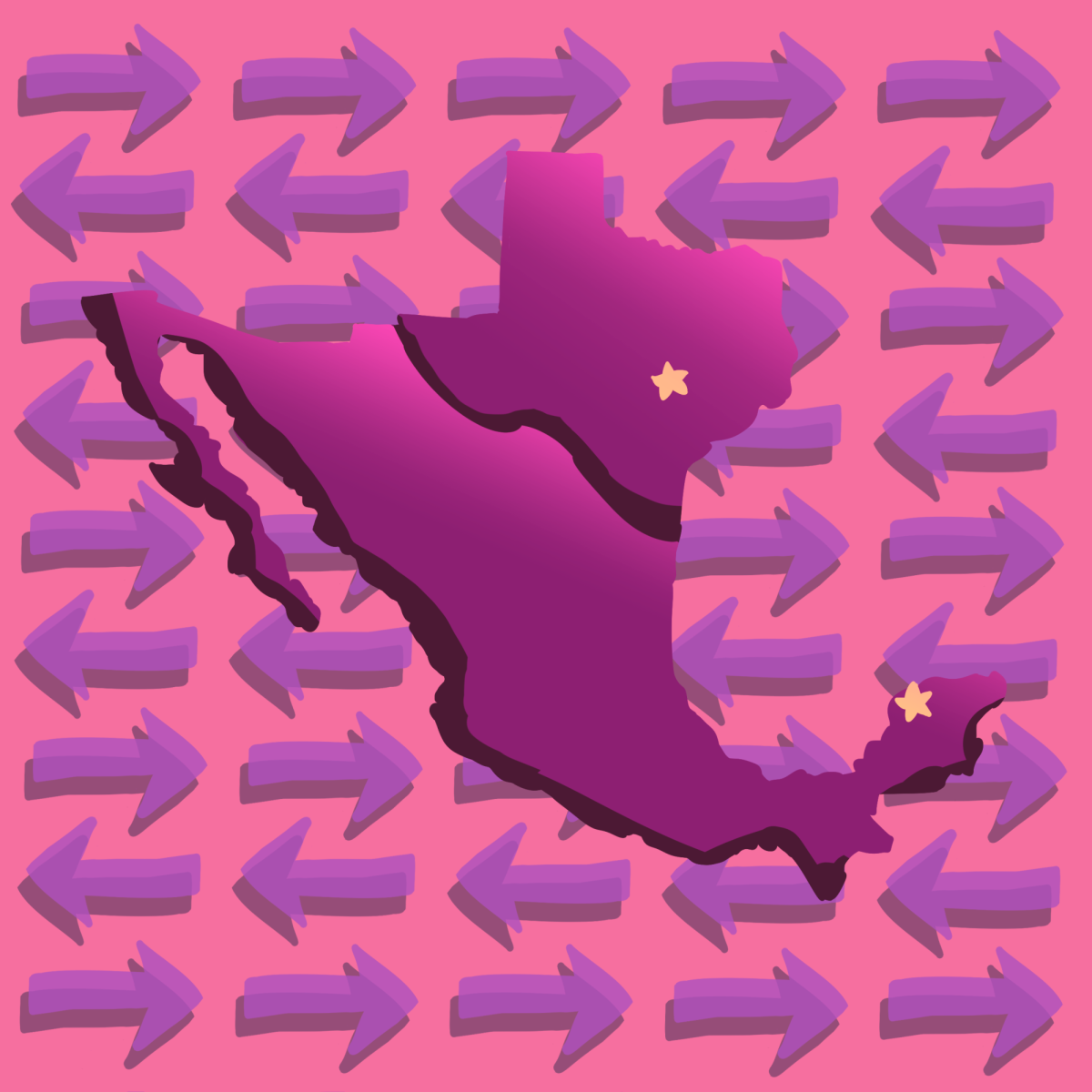The city of Austin was selected as one of 24 cities to participate in the Cities Forward program earlier this month, a new initiative promoting collaboration between the United States, Latin America and the Caribbean to build local urban sustainability plans.
The Cities Forward project pairs 12 Latin American and Caribbean cities that will work to develop local action plans focused on sustainability and resiliency with 12 U.S. cities that can provide experts and resources to put those plans into effect. The project is the result of a partnership between the U.S. Department of State, ICLEI-Local Governments for Sustainability, Resilient Cities Catalyst and the Institute of the Americas.
The project will help Latin American and Caribbean cities address problems around urban sustainability and resiliency through “peer-to-peer exchange, capacity building and diplomatic engagement” with U.S. cities, according to the Cities Forward website.
The project launched at the Cities Summit of the Americas in April where Leslie Pool, Austin City Council Member, was in attendance. Pool said when she first heard about the initiative, she immediately wanted to know more about how Austin could get involved.
“It pairs U.S. cities with cities in South America and the Caribbean that need assistance in a mentorship type posture, and I see Austin as an ambassador in that way,” Pool said. “We have many cutting-edge programs and have always been a leader in almost every progressive initiative and policy area that you can imagine, and this just fits that frame.”
Austin is partnered with the city of Mérida in Mexico. Kenneth Young, professor in the Department of Geography and the Environment, said both cities are built on top of limestone aquifers, meaning any contamination that occurs on the surface can affect the drinking water underground. The similarity in structure provides a glimpse into how Austin could potentially be of assistance to Mérida.
“In Austin, we have one of the best programs in the country in geohydrology,” Young said. “So our geology department has experts in the very thing that makes cities on top of limestone feasible environmentally.”
The partnership may also be an opportunity for Austin to learn from Mérida. The city is located in the Yucatan peninsula where the Maya civilization developed sustainable uses of the land over a thousand years ago, Young said.
Atha Phillips, senior policy advisor for Pool, said the kind of local action this initiative focuses on shows the possibility of making effective change when addressing global problems like climate change.
“You can have all of these big ideas, but if you don’t have people like Council Member Pool writing policy to make it a reality at a local level, it’s never going to change,” Phillips said. “It’s by doing those small things locally that make a real big difference.”
The city’s participation in the program will be coordinated by the City of Austin resilience office.
“We look forward to working closely with Mérida while continuing to engage with all municipalities who are passionate about building a more equitable and sustainable future,” said Chief Resilience Officer Laura Patiño in a press release. Pool said local leaders from Austin and Mérida will gather officially in late September in Mexico City to begin work on the new initiative.













